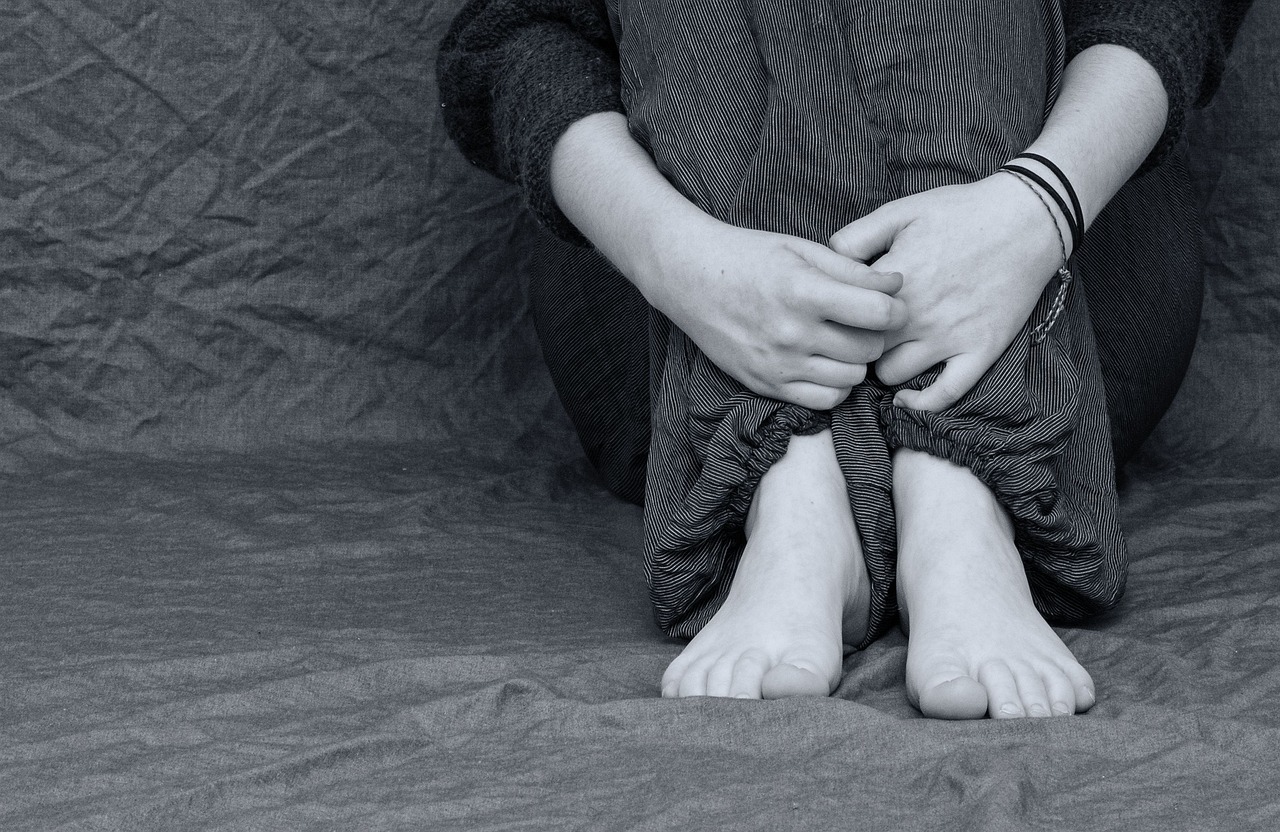We looked at Evagrius’ division of the spiritual life into the ‘praxis’ and ‘theoria’. Let us concentrate for a moment longer on ‘praxis’. We must not forget that our spiritual growth depends both on grace and effort. Grace was paramount for Evagrius, but effort was also important. In his teaching, which very much must be seen in the context of his time – 4th century CE, when belief in angelic and demonic forces was very strong –, the effort needed consisted of ‘warfare’ with the ‘demons’. ‘Demons’ were thought to work against humanity’s efforts and to be determined to prevent us from achieving liberation: “When the demons see that you are really fervent in your prayer they suggest certain matters to your mind, giving you the impression that there are pressing concerns demanding attention.” These thoughts effectively interrupt prayer. But we are not alone in this struggle – God’s grace through the angels is there to help human beings and through insight show them the real meaning of life: “If you pray in all truth you will come upon a deep sense of confidence. Then the angels will walk with you and enlighten you about the meaning of created things.”
Evagrius emphasized that the ‘demons’ manifest themselves in thoughts. We may give the ‘demons’ another name now: the ‘shadow’ following C G Jung’s ideas, but we are still talking about the same negative forces in our personal unconscious caused by our fear of not surviving. They form our thoughts, shape our emotions and determine our actions. We no longer talk about ‘warfare with the demons’, but yet also for us it is important to understand and acknowledge our ‘demons’. Since it can be a painful process it is easy to see why it was considered to be a struggle.
As we have seen in a previous letter, we are born as fragile human beings with certain inbuilt needs to secure our survival: security, love, esteem, power, control, and pleasure. These are God-given valid needs, allowing us to survive in the environment he created for us. Inevitably some of our survival needs are not met entirely satisfactorily by our parents or carers according to the child’s perception of events. This perception becomes our woundedness and can turn into a ‘demonic’ force, which influences our behaviour and life unconsciously and can stop us on the spiritual journey. As babies, toddlers and young children we could not meet these essential needs ourselves; we depended on others to do so. It then becomes a habit, looking for fulfilling of these needs, especially the unmet ones, outside ourselves. As adults we are perfectly capable of surviving on our own merits, provided of course we are not in any way physically or mentally impaired. Yet, we still look for the fulfilment of these survival needs outside ourselves. What we have forgotten is that it is the ego that is wounded, not our true ‘self’. By becoming aware of our true ‘self’ through prayer/meditation, we also become aware that we are loved, secure, esteemed, not wounded but whole at that level. That realisation heals in turn the wounded ego and makes us whole and ‘fully alive’ in Jesus’ words.
Image by Anemone123 from Pixabay





